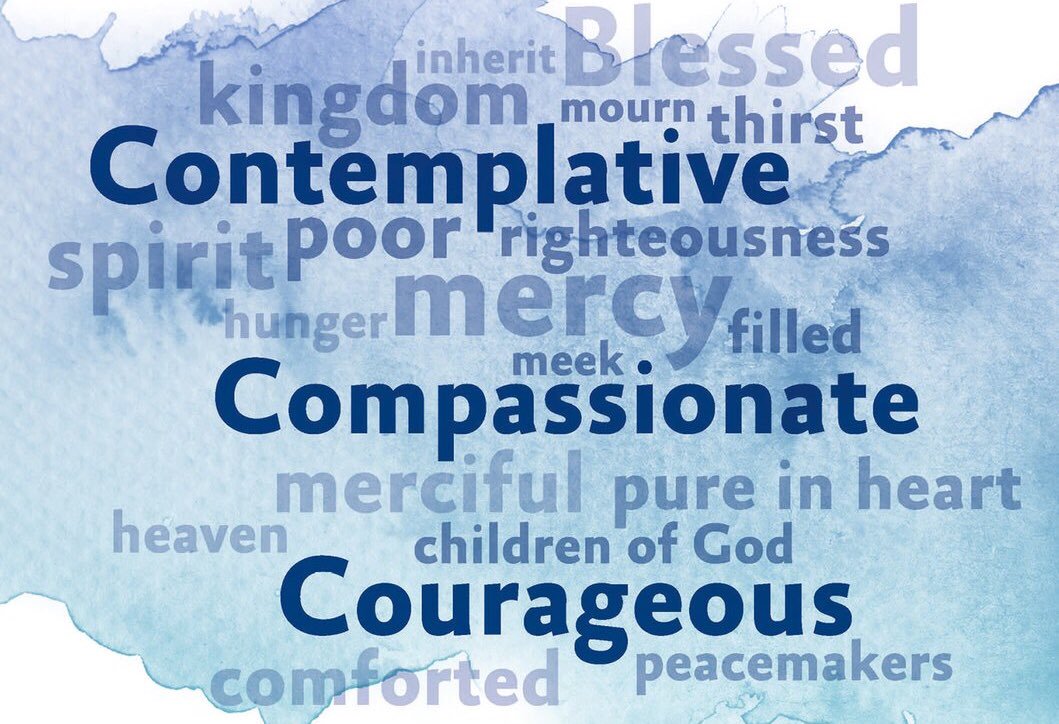COVENANT 12 – THEY KNEW THE LORD IN THE BREAKING OF THE BREAD
The Holy Sacraments are central to our lives both physically and spiritually. We believe they are the culmination of all church activities and the foundation of the Christian life. The Holy Eucharist holds particular importance, and we strive to nourish ourselves spiritually through frequent reception, both individually and communally.
We aim to live a sacramental life. Our daily devotions and prayers are structured around the Daily Office, where Scripture readings become God’s direct message to us. We approach these readings with deep reverence and attention, often chanting or reciting them to allow their meaning to permeate our hearts and guide our actions. Silence is incorporated to allow for deeper reflection on the message.
Our worship is an offering from the heart. We strive for inner praise rather than simply following rituals. We seek to avoid hypocrisy and truly connect with God during prayers that we not incur our Savior’s reproach to the Pharisees, “These people honor me with their lips, but their hearts are far from me.”
Full participation in the Eucharist is vital. We actively engage in the Eucharistic service, seeing it as a celebration of Jesus’ sacrifice until his return. We offer ourselves completely to God, just as He offered himself completely to us. We believe this sacred meal should be inclusive, and we don’t wish to exclude ourselves or others from its transformative power.
While acknowledging the importance of the priesthood derived from the historic apostolic episcopacy, we believe the Holy Spirit ultimately makes the Eucharist a Sacrament. When the Holy Spirit is invoked, formally or informally, the sacrifice is sanctified and made a Sacrament. Just as the bread and wine unite many into one body, our lives and celebrations embody both sacrifice and unity.

